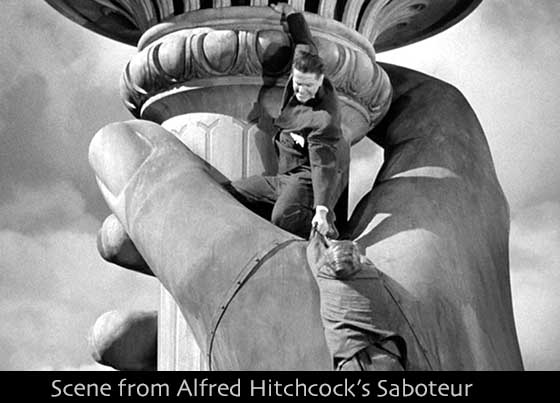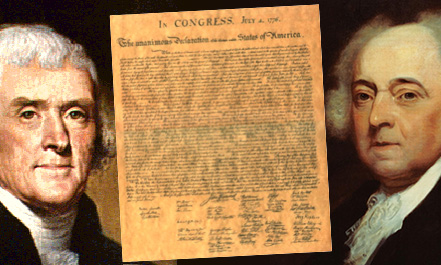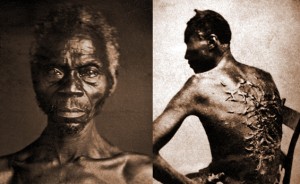On August 5, 1861, the U.S. Army abolished flogging. The same day 23 years later, Bedloe’s Island in New York Harbor received the foundation stone for the Statue of Liberty (which was featured in the rousing conclusion to Alfred Hitchcock’s wartime picture, Saboteur). The island was renamed Liberty Island, in 1956.
President Ronald Reagan fired 11,359 striking air-traffic controllers (who had ignored his order for them to return to work) on August 5, 1981.





